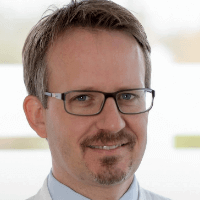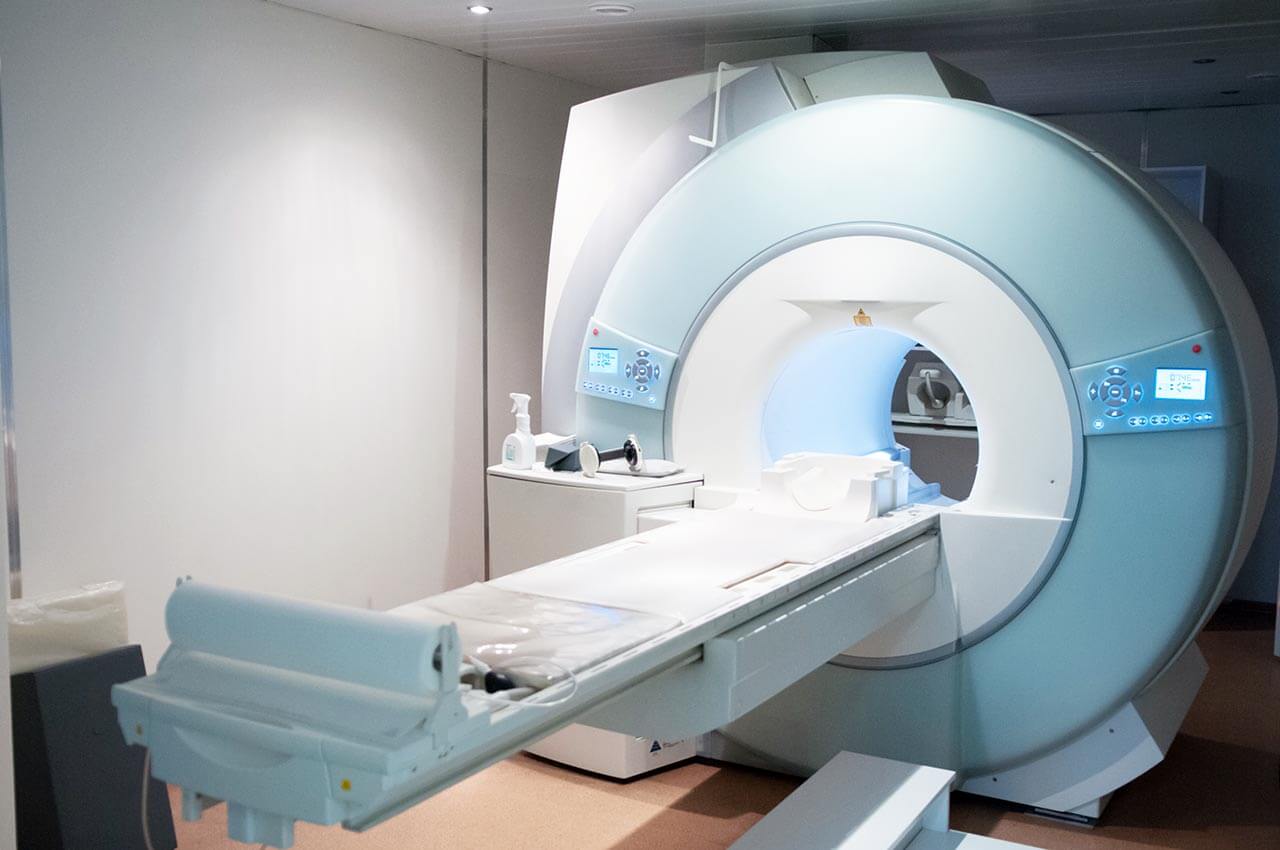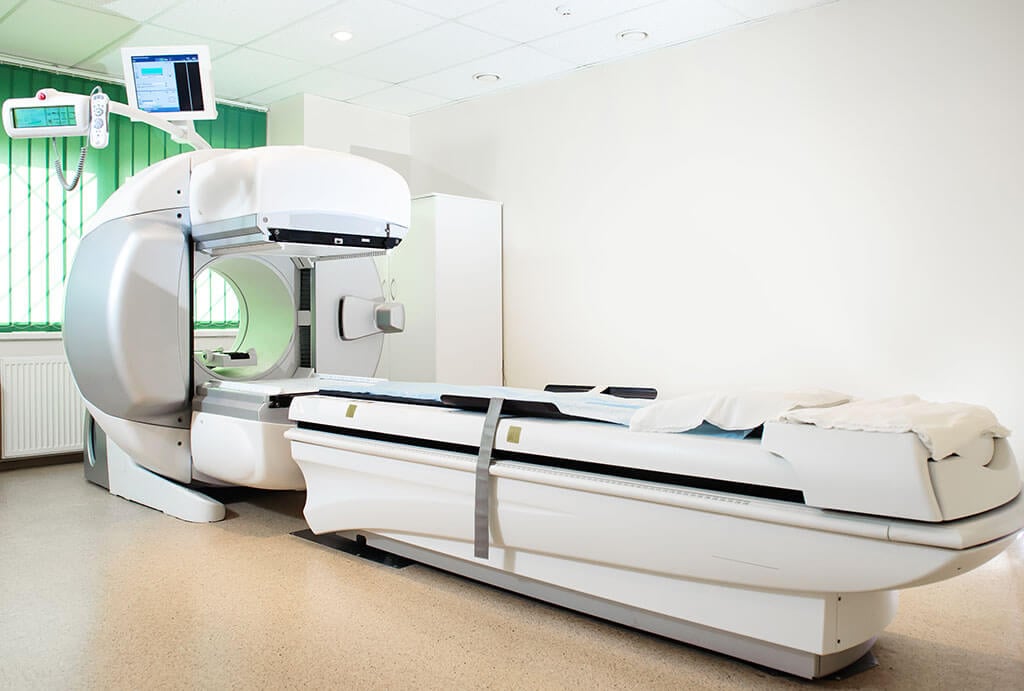
The program includes:
- Initial presentation in the clinic
- clinical history taking
- review of medical records
- physical examination
- laboratory tests:
- complete blood count
- general urine analysis
- biochemical analysis of blood
- inflammation indicators (CRP, ESR)
- indicators blood coagulation
- CT/MRI scan
- neuropsychological tests (on indications):
- ENMG (electroneuromyography)
- EEG (electroencephalography)
- SEPs (somatosensory evoked potentials)
- VEPs (visually evoked potentials)
- BAEP tests (brainstem auditory evoked potential)
- motor symptoms
- reflexes
- muscle strength
- Muscle tone
- coordination
- balance
- sensory symptoms
- sense of touch
- vision and eye movement
- hearing
- psychiatric symptoms
- mental status
- mood
- neuropsychological testing
- memory
- reasoning
- mental agility
- language function
- spatial reasoning
- psychiatric evaluation
- emotional state
- patterns of behaviors
- quality of judgment
- coping skills
- signs of disordered thinking
- vidence of substance abuse
- consultation of related specialists
- symptomatic specific treatment
- the cost of essential medicines and materials
- nursing services
- control examinations
- full hospital accommodation
- developing of further guidance
Required documents
- Medical records
- Genetic tests (if available)
Service
You may also book:
 BookingHealth Price from:
BookingHealth Price from:
About the department
According to the Focus magazine, the Department of Neurology at the DKD HELIOS Clinic Wiesbaden ranks among the top German medical facilities specializing in the treatment of Parkinson's disease!
The department provides all modern options for the accurate diagnostics and high-quality treatment of the full range of diseases of the nervous system. Depending on the particular diagnosis and the severity of the pathology, the treatment can be either inpatient or outpatient. The department's neurologists have in their arsenal a wide range of diagnostic tests required for making an accurate diagnosis and choosing the most effective treatment tactics. The department's specialists focus on the patients suffering from Parkinson's disease, Alzheimer's disease, chronic headaches and migraines, as well as multiple sclerosis. The treatment is based on drug therapy. If the patient needs more radical therapeutic measures, neurosurgeons and other highly qualified specialists are involved in the therapeutic process. The department has earned an excellent reputation at the national level, and also has a successful experience in treating patients from foreign countries. The Chief Physician of the department is Prof. Dr. med. Till Sprenger.
An important area of work of the department's neurologists is the treatment of Parkinson's disease – a severe degenerative disease of the nervous system, in which the patient develops movement disorders, muscle rigidity and tremor. The disease is asymptomatic for a long time and usually affects the elderly. As of today, there are no therapeutic methods, which could completely cure Parkinson's disease, but there are many effective methods to control the disease and prevent its progression. In case of suspected Parkinson's disease, it often takes a long time to make differential diagnostics using various functional tests. The diagnostic protocol includes a clinical examination, study of the patient's medical history, electroencephalography and ultrasound transcranial sonography. If clinically indicated, doctors also carry out CT and MRI scanning, electrophysiological tests, etc. After obtaining diagnostic results, neurologists begin to develop an optimal treatment regimen. The crucial role in the choice of a therapeutic method is played by the stage of pathology. The disease is controlled by drugs stimulating the synthesis of dopamine in the brain, which reduces the rate of neuronal death. To enhance the therapeutic effect, the patients are often prescribed physiotherapy. It is difficult to control Parkinson's disease at the advanced stages, so the department's specialists use a more intensive course of drug therapy or carry out surgical treatment.
The department's medical team often admits patients suffering from multiple sclerosis. The disease is associated with the development of an inflammatory process in the nervous system and is most often diagnosed in young people. Multiple sclerosis is characterized by the formation of foci of inflammation and demyelination followed by the formation of sclerotic plaques in the white matter of the brain and/or spinal cord. The pathology is manifested by a variety of neurological symptoms. It is characterized by alternating remissions and exacerbations. As a rule, exacerbations occur approximately once every 2 years, but their frequency and intensity are individual for each patient. Magnetic resonance imaging and lumbar puncture are sufficient to make a diagnosis. Multiple sclerosis is an incurable pathology, so the task of the department's doctors is to reduce the frequency of exacerbations, reduce their duration, alleviate symptoms and prevent the development of disability. The treatment protocol consists of drug therapy and physiotherapy.
The department's specialists have vast experience in the treatment of polyneuropathies. These diseases are characterized by multiple lesions of the peripheral nerves, manifested by peripheral paralysis, sensation disorders, trophic and vegetative-vascular disorders in the limbs. The diagnostics can be complicated because many other diseases have similar symptoms. To confirm the diagnosis, the patient needs to undergo many laboratory and instrumental diagnostic tests. The main method of instrumental diagnostics is electroneuromyography. The basic treatment is drug therapy. Physiotherapy and therapeutic exercises are used as additional treatments.
The department specializes in the treatment of the following neurological disorders:
- Multiple sclerosis
- Neuromuscular diseases
- Parkinson's disease and other movement disorders
- Dystonia
- Headache and migraine
- Neuralgia (neuropathic pain)
- Dementia
- Restless legs syndrome
- Dizziness
- Pelvic organ dysfunction caused by neurological pathologies
- Other pathologies
The department's range of medical services includes:
- Diagnostics
- Nerve conduction velocity test
- Electromyography
- Quantitative sensory testing
- Registration of somatosensory, visual, auditory and motor evoked potentials
- Electroencephalography
- Ultrasound examinations of the blood vessels, muscles, nerve endings
- Biopsy of muscles, adipose tissue, nerve endings
- Electronystagmography
- Posturography
- Lumbar puncture
- Neuropsychological tests
- Magnetic resonance imaging
- Spiral computed tomography
- Classic X-ray examinations
- Combined PET/CT diagnostic method
- Treatment
- Drug therapy
- Botulinum toxin injections for dystonia
- Other diagnostic and therapeutic options
Curriculum vitae
Higher Education
- Since 1994 Study of Medicine at the Johannes Gutenberg University of Mainz and at the Technical University of Munich (one-year practice).
- Semester of study abroad as an Erasmus Scholar at the University of Burgundy, Dijon, France.
Professional Career
- 01.2002 - 06.2003 Intern, Department of Neurology at the University Hospital Rechts der Isar Munich.
- 07.2003 - 07.2008 Assistant Physician, Department of Neurology at the University Hospital Rechts der Isar Munich.
- 04.2007 - 03.2008 Assistant Physician, Department of Psychiatry at the University Hospital Rechts der Isar Munich (during advanced training for board certification in Neurology).
- 07.2008 Board Certification in Neurology, Bavarian State Medical Association.
- 07.2008 - 09.2008 Physician in the Department of Neurology at the University Hospital Rechts der Isar Munich.
- 10.2008 - 06.2010 Postdoctoral Fellow, Department of Neurology, University of California, San Francisco.
- 07.2010 - 04.2014 Associate Professor Assistant, Department of Neurology, University of California, San Francisco.
- 11.2010 - 05.2015 Leading Physician, Department of Neurology (imaging diagnostics for multiple sclerosis), University Hospital Basel.
- Since 06.2015 Chief Physician of the Department of Neurology at the DKD HELIOS Clinic Wiesbaden.
Teaching Career
- Training of resident students at the DKD HELIOS Clinic Wiesbaden.
- Training of medical students at the Technical University of Munich – Extraordinary Professor.
Photo of the doctor: (c) DKD Helios Klinik Wiesbaden
About hospital
The DKD HELIOS Clinic Wiesbaden has long made a name for itself in the international medical arena by introducing an optimal model of medical care, combining the use of the most advanced medical technologies, the experience of highly qualified doctors and impeccable quality of patient care. The medical facility first opened its doors to patients in 1970. The world famous Mayo Clinic Rochester in America served as a model for the design of the medical complex. Since the foundation of the clinic, the main direction of its activities has been comprehensive diagnostics of complex diseases integrated into an interdisciplinary treatment concept. Today, an integral part of clinical practice is also preventive diagnostics aimed at the early detection of pathological changes in the human body. In recent years, the clinic has been actively developing the direction of surgery, in which it has significantly succeeded. The clinic enjoys a reputation as one of the best medical facilities in Europe in the field of endocrine and colorectal surgery, as well as in hernia repair surgery.
The clinic has 24 specialized departments. Each of them offers a team of experienced doctors, whose main value is the patient's health. The work of all doctors of the medical facility is based on a single credo – "Treat not a disease, but a patient". According to this belief, the course of treatment should be as individual as possible, taking into account the patient's physical characteristics, lifestyle, diet, emotional state, etc.
The clinic's bed capacity consists of 138 inpatient beds and 60 beds in a day hospital. Many diagnostic and therapeutic procedures are performed on an outpatient basis. The diagnostic and treatment rooms, like the operating rooms of the clinic, are equipped with state-of-the-art technology to ensure the observance of strict hygiene and safety standards. The advanced medical equipment allows detecting the slightest changes in the functioning of organs and their structure with impeccable accuracy, thanks to which doctors can diagnose complex pathologies at the very early stages. This greatly increases the chances of a successful cure.
The location of the clinic in Wiesbaden, known as one of the oldest thermal spas in Europe, is another pleasant advantage for the patients. Arriving at the clinic for a preventive diagnostic examination, one can improve his health in the healing thermal springs, as well as enjoy the sightseeing of historical monuments. The medical center is located in the immediate vicinity of the English style Spa Park founded in the distant 1852, so in the free time from medical procedures one can take a pleasant walk in the beautiful park.
Photo: (с) depositphotos
Accommodation in hospital
Patients rooms
The patients of the DKD HELIOS Clinic Wiesbaden live in comfortable single and double rooms. Each patient room has an ensuite bathroom with shower and toilet. The standard patient room furnishings include an automatically adjustable bed, a bedside table, a table and chairs, a TV and a telephone.
The clinic also offers enhanced comfort rooms with spacious bathrooms, which additionally include a large mirror, hairdryer, changeable towels and toiletries. These patient rooms also have a safe for storing valuables, a free minibar with soft drinks, a flat-screen TV with satellite channels and free Wi-Fi.
Meals and Menus
The patients of the clinic are offered tasty and balanced three meals a day: breakfast, lunch and dinner. If for some reason you do not eat all the foods, you will be offered an individual menu. Please inform the medical staff about your dietary preferences prior to treatment.
The clinic also has a cozy cafe where one can taste delicious snacks, salads, main courses and desserts. One can also enjoy aromatic coffee, delicious tea and soft drinks in the cafe.
Further details
Standard rooms include:
Religion
The religious services are available upon request.
Accompanying person
During the inpatient program, the accompanying person can live with the patient in a patient room or a hotel of his choice. Our managers will help you choose the most suitable option.
Hotel
During the outpatient program, the patient can stay at the hotel of his choice. Our managers will help you choose the most suitable option.





